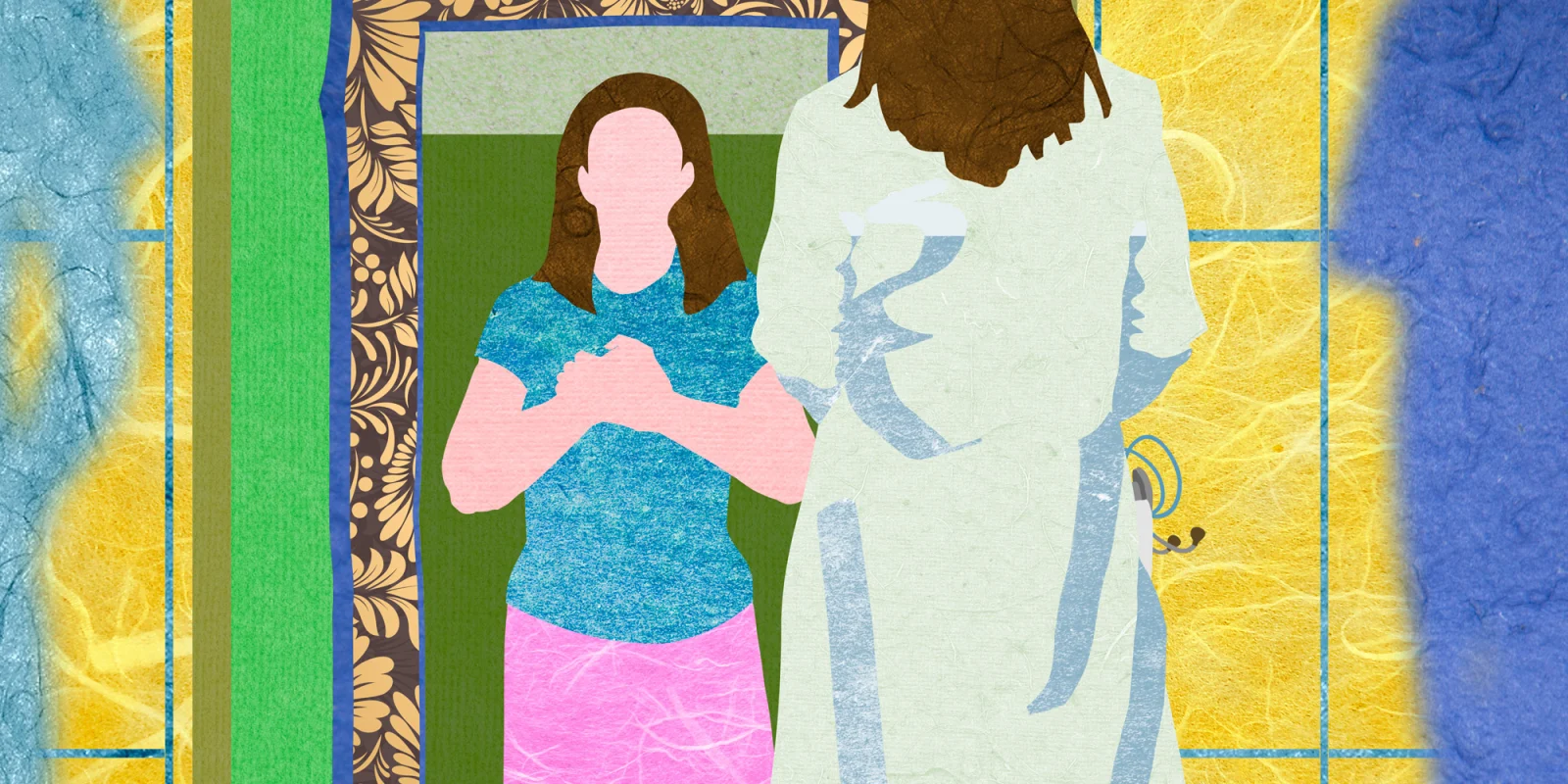
I was at the beginning of my second year of a Family Medicine Residency and was told to go on a transport to oversee a very unstable patient. My Family Practice residency was completed at a medium-sized suburban hospital. We did not have certain specialties like Cardiothoracic Surgery.
You have to understand my background before I go on with my story. I had been a Soils major at Ohio State 10 years prior. After doing various jobs including Peace Corps, I decided to go to medical school. I took my prerequisites and was admitted to Temple Med in Philadelphia. I was older than my peers and was the least prepared. Even my biology background was 10 years old! You always think it’s a mistake that you actually “got in”! It is very difficult to get beyond “imposter syndrome” thinking.
Back to the story. I had to ride in the back of the medical transport rig (I get nauseous) with a 20-something carpenter who had come into the ER with chest pain. It turns out he had a rent in his ascending aorta and was leaking into his pericardial sac. We will never understand how this happened. He did not have Marfans Syndrome. Anyway, they diagnosed and stabilized him in the ER but he had to be transported to a Center with Cardiothoracic capabilities and I was up to go.
We got settled in the back of the ambulance and the cardiologist came over and handed me a cardiac needle and very large syringe ("Pulp Fiction"). He asked me how to use it. I told him, second intercostal space, L of sternum. He reviewed with me when and how, i.e. exact placement, angle necessary and what to expect, how you know you are in the correct spot, etc. His instructions were: if his blood pressure drops, use it!
OK, here we go. We were transporting him from Somerville NJ to Newark Beth Israel during rush hour. We were sitting in traffic, not even on the highway when he said, “I don’t feel good. I think I am going to throw up.” I had the nurse check his BP and sure enough, it had dropped. He was also bradycardic. Do I use the syringe now or not?
I honestly had no desire to be a hero. I wanted to do what was right for the patient. I thought to myself, maybe he is having a vasovagal moment and he will correct himself. I had the nurse retake his blood pressure and sure enough, his pulse came back up along with his blood pressure. The remainder of the ride was uneventful but I watched him like a hawk. I breathed a sigh of relief that I did not have to be his rescuer.
At that moment, I realized that I was absolutely in the right place, doing the right thing. My instincts have always guided me and after 30 years of practice, I have never looked back. I am part of the volunteer faculty of the local medical school. I tell all of my medical students this story and tell them to trust their brain, they have a good one!
I believe it is difficult for medical students to get beyond the imposter syndrome. Experiences like these during training and in practice help to mold us and make us perform better. We are lucky in our chosen career to have the opportunity to continue to learn and improve and help people along the way.
Ruby Halper-Erkkila MD has been a self-employed solo practitioner with four children for the past 30 years. She has been her own boss so she didn’t have to miss any of her children’s events. She believes that even in today’s’ changing medical environment that is still possible to do things your own way. Though doctors do not really get any business training during medical school, Dr. Halper-Erkkila believes it is easy to learn as you go along. She reports no conflicts of interest.







